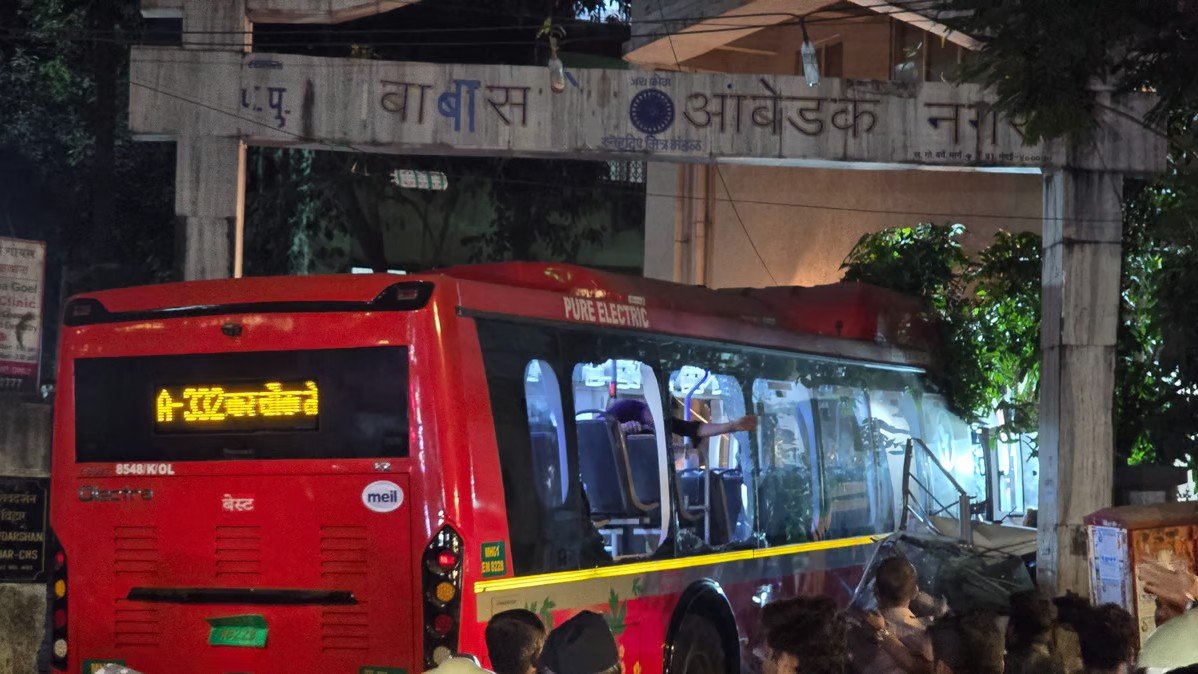Mumbai: Despite frequent criticism from the Bombay High Court (HC) for its inaction on illegal banners and posters across the city, the BMC has yet to finalise a policy to restrict such displays that mar the landscape of Mumbai.
Although a policy on ‘Outdoor advertisement displays’ was framed last month following the tragic billboard crash in Ghatkopar that claimed 17 lives, its implementation is anticipated to be delayed due to upcoming state assembly elections.
The social activists and former corporators have attributed this delay to a failure on the part of the civic body and a lack of political will, raising concerns about the BMC’s commitment to public safety and urban aesthetics.
Last Wednesday, the High Court directed civic bodies in Maharashtra to initiate a special drive to remove illegal hoardings and banners statewide, anticipating an increase in such displays due to the upcoming assembly elections. The court also instructed political parties to honor their commitments not to erect illegal hoardings and banners, emphasizing that any violations would be taken seriously.
Annually, the civic body removes around 15,000 to 20,000 illegal hoardings and banners, with 45% related to birthday wishes for political leaders or festive celebrations. The number of illegal hoardings typically surges during the current festive season. However, only a police complaint is filed against the individual whose name appears on the hoardings under the defacement act.
To tackle political hoardings, the BMC’s new draft policy mandates that no agency may erect or display advertisements—such as banners, boards, or flags—without written permission. Unauthorized displays will be punishable under Section 471 of the BMC Act, 1888, and The Maharashtra Prevention of Defacement of Property Act, 1995, which can lead to up to three months’ imprisonment, a fine of Rs. 2,000, or both.
RTI activist Anil Galgali commented, “The official who played a key role in framing the policy was recently transferred, reflecting a lack of political will to implement it effectively.” Another activist Bhaskar Chavan echoed this sentiment, reinforcing concerns about the commitment to enforcing the policy.
Ravi Raja, former Opposition leader of the BMC, stated, “The BMC should finalise the hoarding policy by incorporating suggestions and objections from activists and citizens, not favoring any company or individual. If the BMC is maintaining the roads and flyovers handed over by the Mumbai Metropolitan Region Development Authority and other agencies, they should also receive a share of the revenue from hoardings. Once we return to the state government after the assembly elections, we will conduct an audit of all such activities.”
Asif Zakaria, a former Congress corporator, highlighted ongoing citizen complaints about illegal hoardings. He noted that following the Ghatkopar incident, the BMC took action by creating a new policy. He emphasised the need for accountability and a clear timeline for implementing this policy.




